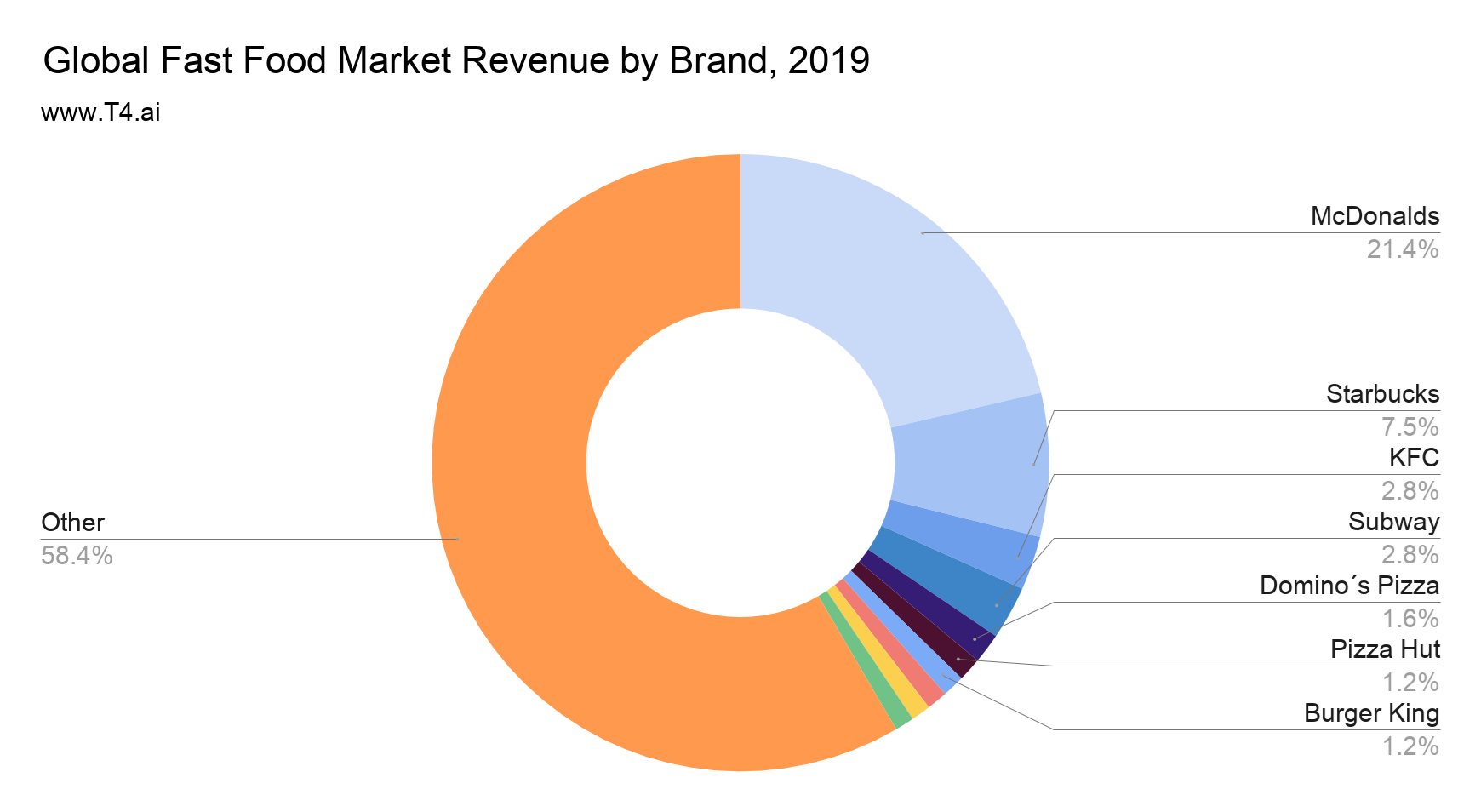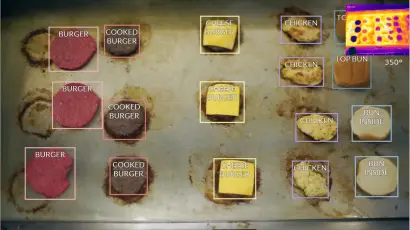
Denver’s Good Times Burgers and Frozen Custard is using Vaylant AI to take orders. The idea is to augment the human workforce to ensure that orders from the drive-thru window are taken promptly. The average wait time for customers has improved by 10% to 25%, and the average order at Good Times is up 6%. The platform’s average attempted upsell success rate is 40%, VayLant AI claims. The Telegraph has termed a “burger bot”.
McDonald’s was expected to roll-out the AI technology at 1,000 restaurants by now, with plans to fully implement it at all 14,000 US locations eventually. The company already offers a mobile app that allows customer to order food. Thanks to geofencing technology, restaurants are alerted to prepare the food when the customer nears the restaurant. As customers share more information about themselves through mobile apps and other forms of data collection, it will empower even greater levels of personalization, Easterbrook said.
Domino’s Australian and New Zealand arm implemented the DOM Pizza Checker. The technology uses “advanced machine learning” technology developed by Dragontail Systems. Yum Brands, which owns KFC, Pizza Hut, and Taco Bell, is also ramping up its use of big data tech, particularly in the lucrative Chinese market, where the company is opening two new stores per day. The company is clearly doing something right with 90x stock growth since 2010, which has outperformed many tech firms.

Fastfood2